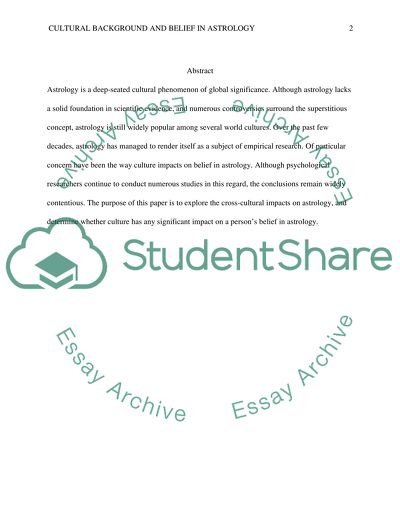Cite this document
(“Cultural Background And Belief In Astrology Research Paper”, n.d.)
Retrieved from https://studentshare.org/miscellaneous/1449115-research-report-based-on-the-analysis-of-data
Retrieved from https://studentshare.org/miscellaneous/1449115-research-report-based-on-the-analysis-of-data
(Cultural Background And Belief In Astrology Research Paper)
https://studentshare.org/miscellaneous/1449115-research-report-based-on-the-analysis-of-data.
https://studentshare.org/miscellaneous/1449115-research-report-based-on-the-analysis-of-data.
“Cultural Background And Belief In Astrology Research Paper”, n.d. https://studentshare.org/miscellaneous/1449115-research-report-based-on-the-analysis-of-data.


